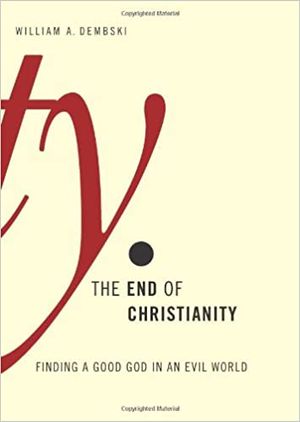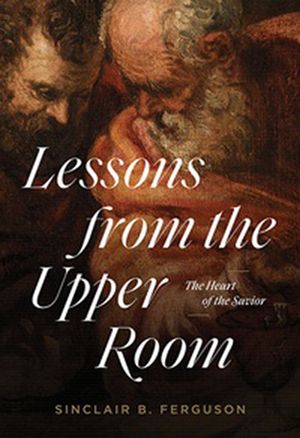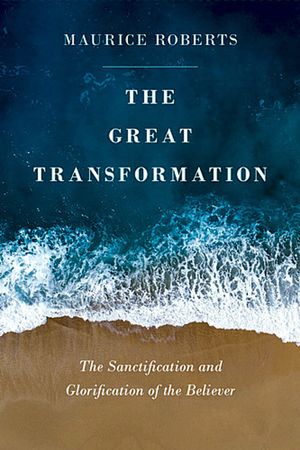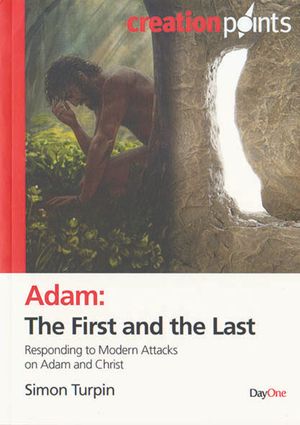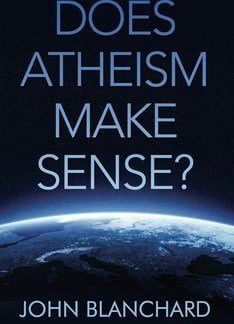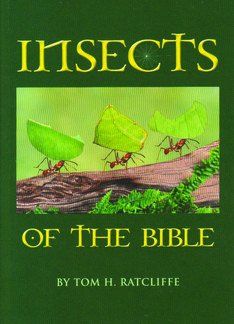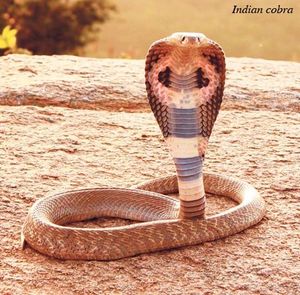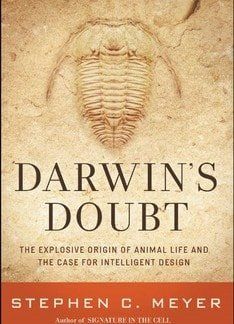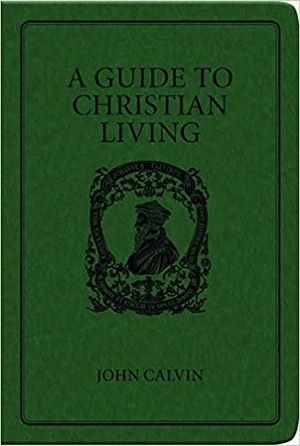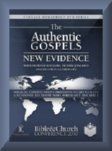According to Richard Dawkins (The greatest show on earth, p. 92), ‘Theologians worry about the problems of suffering and evil, to the extent that they have even invented a name, “theodicy” … for the enterprise of trying to reconcile it with the essential goodness of God.’
William Dembski’s book aims to do precisely that. Known to many as a champion of the Intelligent Design movement, the author is an evangelical Christian and a research professor in philosophy. His stated aim is to formulate a theodicy that will be both credible in the ‘current mental environment’ and faithful to Christian orthodoxy, tracing all evil in the world ultimately to human sin.
It is certainly a stimulating read, not least for those who hold various positions on origins. Dembski critiques ‘old earth’ attempts to explain death and suffering prior to the Fall: ‘One can try to make an exegetical argument that passages like Romans 5:12 speak strictly about human death. But young-earth creationists have the stronger case here, both exegetically and theologically, in interpreting such passages as speaking about death and corruption generally and not just about human death.’
Yet Dembski is a firm believer in an earth and cosmos that are billions of years old — our ‘mental environment’ demands it. He admits near the end of the book that ‘the young-earth position … has been [his] principal foil’ in developing his novel theodicy — that the effects of the Fall were retroactive as well as proactive.
Thus, God subjected the world to the curse from the dawn of time, in anticipation of its future Fall in Adam. God’s time, he says, is kairological (Greek kairos; as distinct from chronos) and Dembski argues that a kairological reading of Genesis 1-3 solves the dilemma of death and suffering ‘before’ the Fall [Editor’s note: ‘chronological’ means sequential time; ‘kairological’ means a period of undetermined time, in which something special happens].
Predictably, the creation days are not literal, chronological 24-hour days, but represent ‘episodes of divine creative activity … kairological divisions in the intentional-semantic logic of creation’. But since the Fall occurs chronologically in space and time, this poses a dilemma because humans, who have yet to sin, come into a world where natural evil is already raging.
Dembski’s solution is that Adam and Eve are taken from the human population in the corrupted world and placed (with divinely induced amnesia regarding their former animal life) into the Garden of Eden — a segregated area that is truly perfect and free from all natural evil; with no pathogenic microbes or immune systems!
One wonders how God, in this view, escapes the charge of deception when his assessment of ‘everything that he had made’ (Genesis 1:31, referring to Creation’s entirety, not merely Eden) was that it was ‘very good’.
Ultimately this theodicy may be inventive, but it is both counterintuitive and biblically unsound, although Dembski is at pains to distance himself from openness theology and process theology — he refutes any suggestion that God is a less-than-omniscient being who means well, but is limited in his ability to stem the tide of evil and needs absolving from it.

